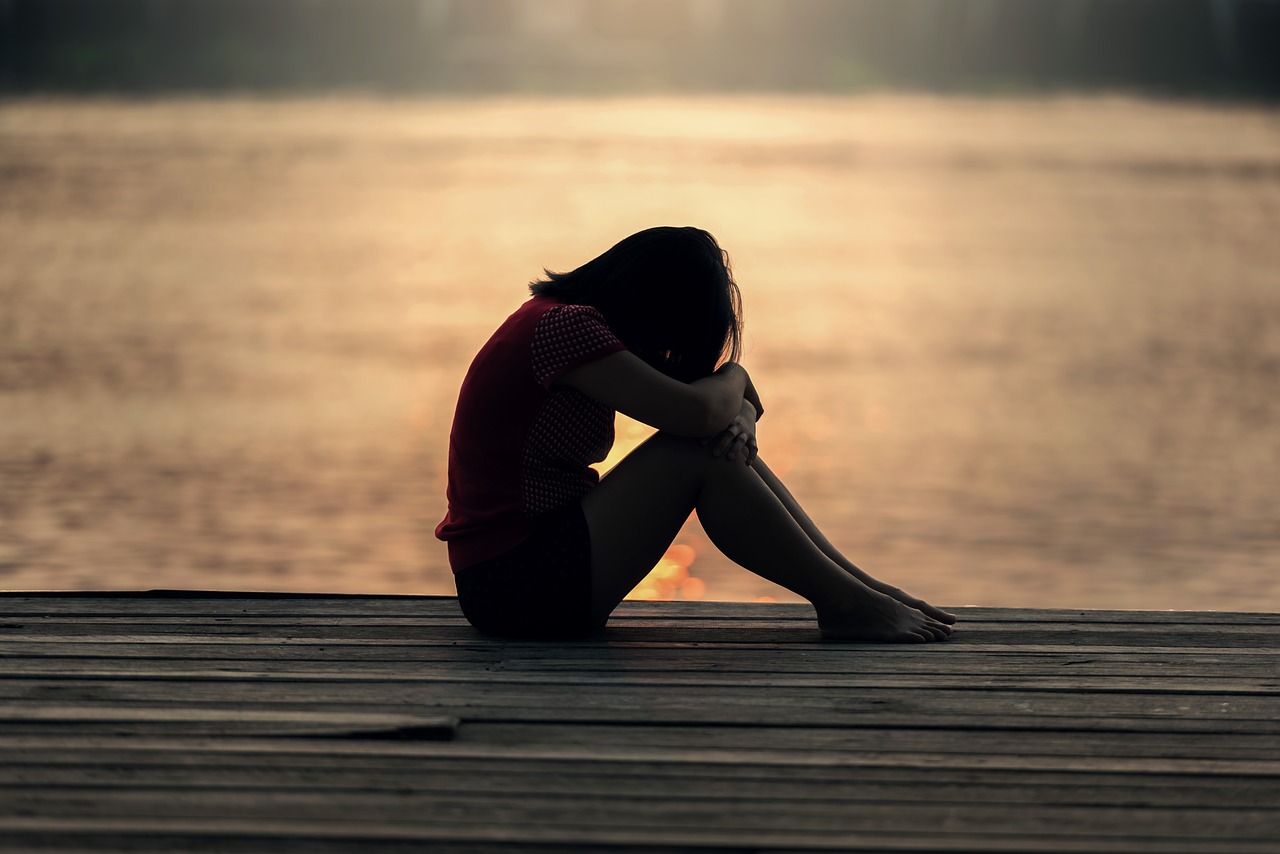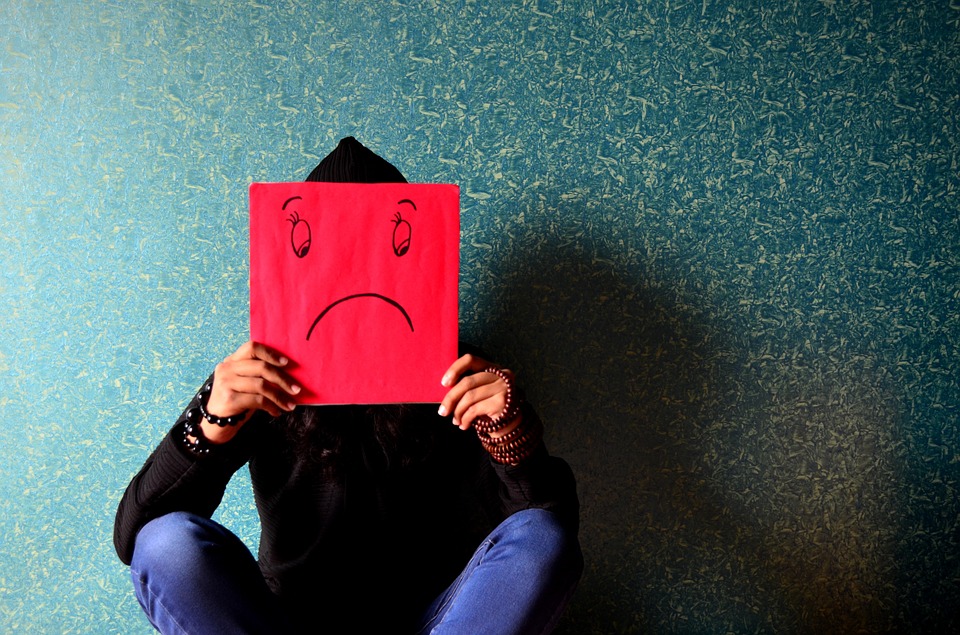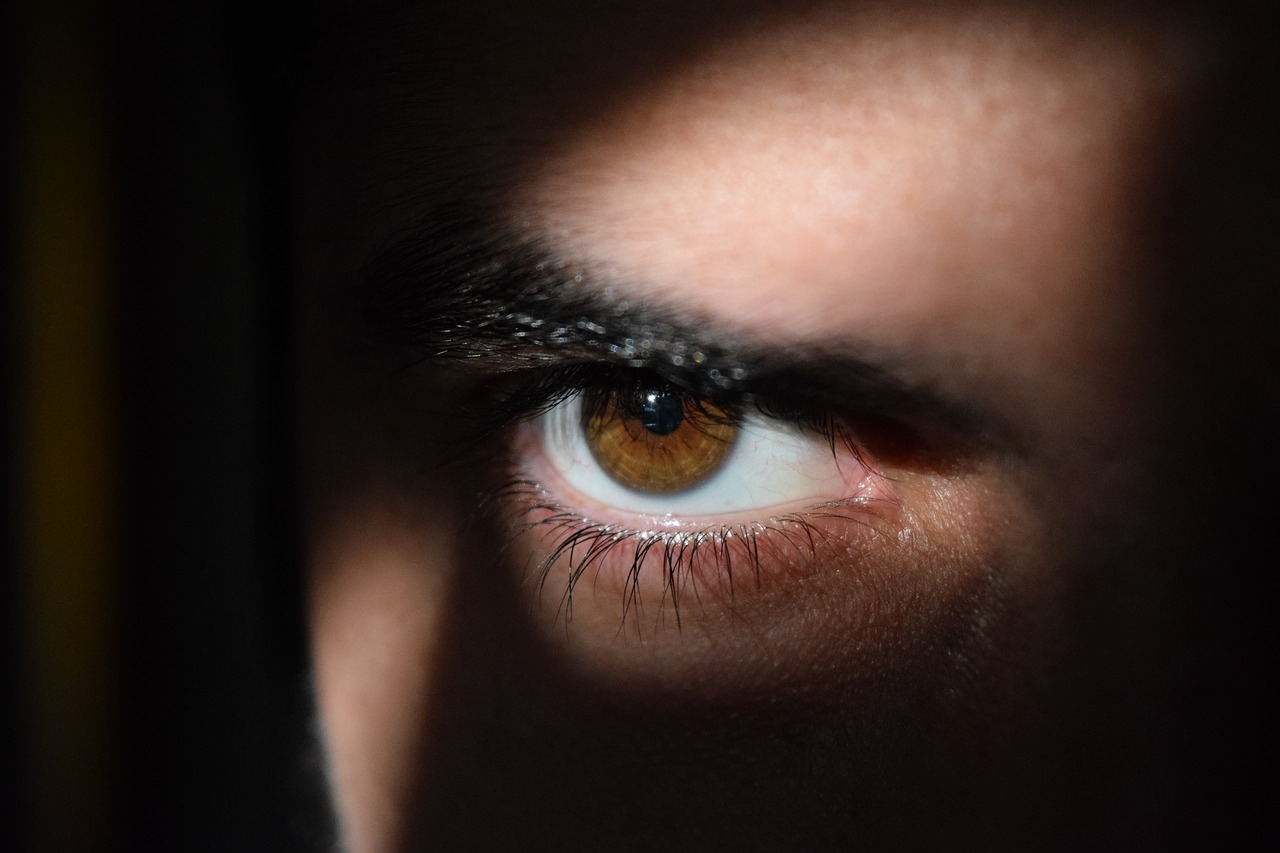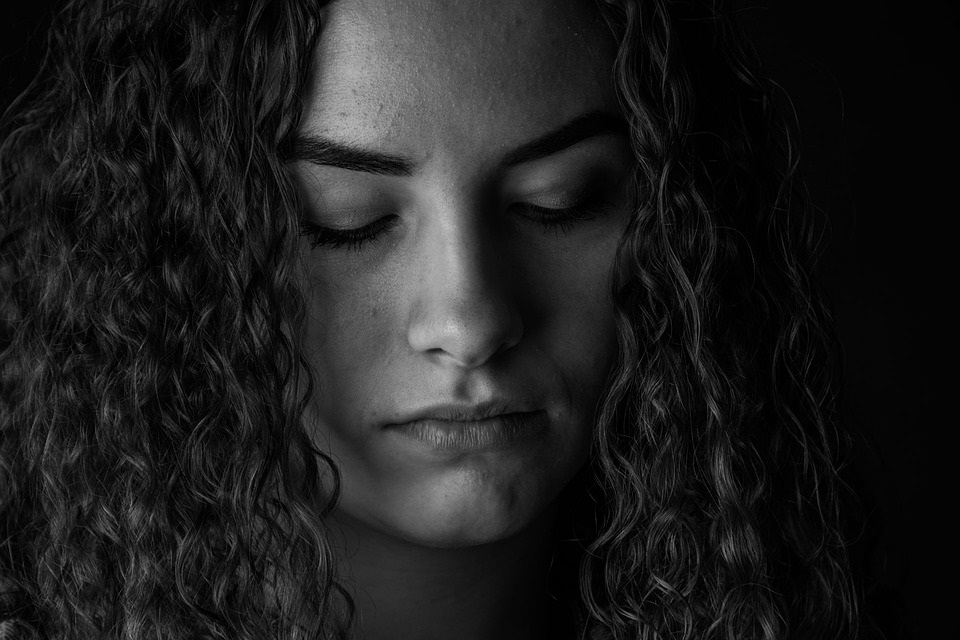Depression with Acute Psychosis

Major Depressive Disorder with Psychotic Features is a condition where an individual experiences symptoms of depression and psychosis at the same time.
The core characteristic of psychosis is the loss of touch with reality. Psychosis that accompanies Major Depressive Disorder can manifest itself in a variety of ways.
A person suffering from psychosis may simply come across as nonsensical. When speaking to them, you have trouble following the point of the conversation.
Their thoughts may seem disjointed or illogical, making it impossible to understand what they are trying to say.
Delusions and hallucinations are the most common symptoms to those suffering from depression with psychosis, but there are other ways psychosis is expressed.
The important thing to remember is if you or someone you know appears to be depressed and out of contact with reality, seek professional guidance right away.
Contact your local mental health center, crisis line, or 911 if you or a person you know are experiencing these symptoms.
What are the Symptoms of Clinical Depression?
The following are common symptoms experienced by people suffering from depressive disorders:
- Feelings of helplessness, hopelessness, and/or worthlessness
- Insomnia or hypersomnia (sleeping excessively)
- Preoccupation with death or thoughts of harming oneself or others (Contact emergency services if this is present)
- Weight loss or decreased appetite
- Disinterest in things that used to be enjoyable
- Decreased energy or motivation
- Fatigue

Symptoms of mild to moderate depression may be alleviated by lifestyle changes such as exercise and a concerted effort to alter the negative thoughts that can darken our mood.
Altering negative thoughts is the basis of David D. Burns’ book Feeling Good: The New Mood Therapy. Based on Cognitive Behavioral Therapy (CBT), Dr. Burns’ book teaches readers to change their thoughts in order to improve their moods.
Depressive symptoms on the severe end of the spectrum will require professional intervention, especially if the depressed person experiences an acute psychosis.
What Does Acute Psychosis Look Like?
Hallucinations
People experiencing psychosis commonly have hallucinations such as hearing voices or seeing things that aren’t there, though it is possible to experience a disturbance of other senses such as smell and touch (e.g., feeling something crawling under their skin).
Hearing things that aren’t there are referred to as auditory hallucinations, while seeing things are called visual hallucinations.
Delusions
A simple definition of a delusion is a false belief. For example, a person may feel as though a neighbor is stalking and out to get them even, though there is no evidence to show this is the case. This type of delusion is of the paranoid type.
Other common paranoid themes include the belief they’re being targeted by a government agency such as the FBI or some other threatening entity such as a crime ring. These are only considered delusions if the person’s concerns aren’t credible.
Another common delusion experienced by people suffering from psychosis is the belief that he or she is extraordinary in some way. As the term suggests, grandiose delusions are beliefs a person possesses exceptional greatness that surpasses the average human’s abilities.
A person with grandiose delusions may claim to be Jesus Christ or some other important historical figure, for example; or they may insist they know influential people when there is no evidence to support their claim.
Given we are speaking of depression with psychosis, it’s worthwhile to review the symptoms of depressive disorder. This is not an exhaustive list of symptoms; however, it can serve to raise a red flag if you or someone you know experiences the following.
Psycho-motor Agitation
One final symptom of psychosis worth mentioning is agitation. Psycho-motor agitation means unintentional behaviors that might look like anxiety to an observer. The behavior is not intentional.
People with agitated depression may be observed with repetitive, non-purposeful movements such as pacing and hand-wringing.
How is Psychotic Depression Treated?
Typically, depression with psychosis requires inpatient treatment in order to stabilize a person while, at the same time, ensuring their safety. A combination of antidepressant and anti-psychotic medications are prescribed to treat this severe form of depression.
If you or someone you know is experiencing symptoms of depression and psychosis, please contact your local mental health center or 911. Below are some online resources.
Online Resources and Referral Sources
Substance Abuse and Mental Health Service Administration (SAMHSA)
Phone 24/7: 1-800-662-HELP (4357)
Phone 24/7: 1-800-273-TALK (8255)
National Alliance of Mental Health (NAMI)
TheMentalHealthBlog.com is a participant in the Amazon Services LLC Associates Program, an affiliate advertising program. TheMentalHealthBlog.com earns fees from products sold through qualifying purchases by linking to Amazon.com. Amazon offers a commission on products sold through their affiliate links.




